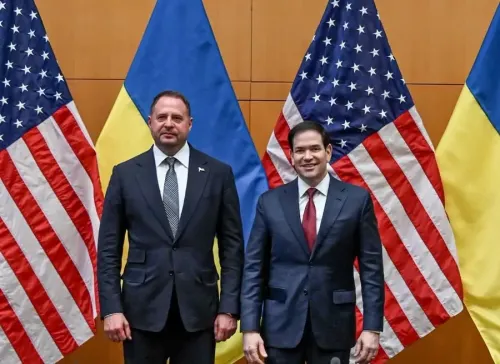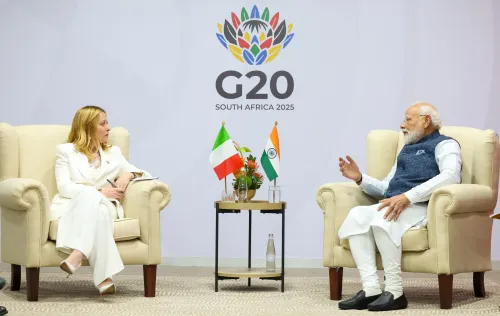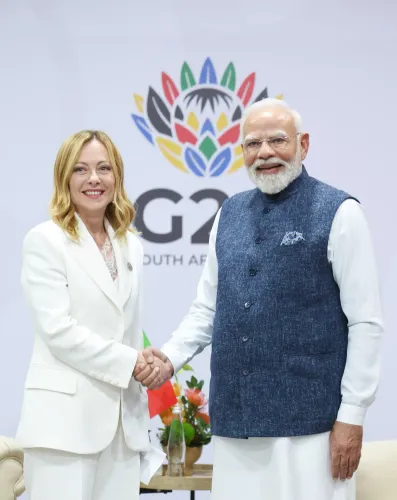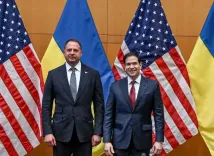Will Trump Negotiate a Trade Deal with Mexico in 90 Days?
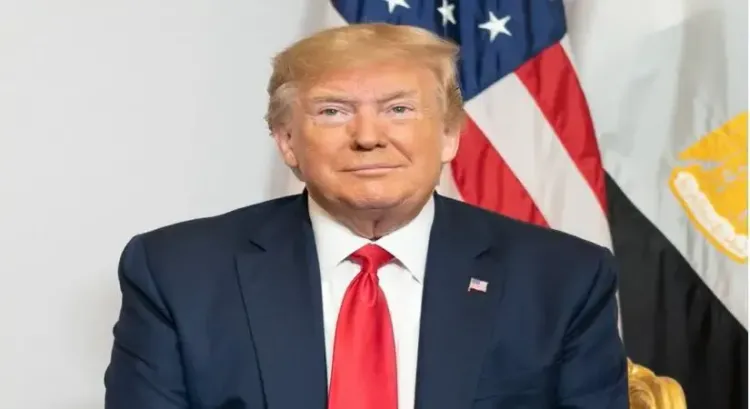
Synopsis
Key Takeaways
- 90-day negotiations to establish a trade deal between the US and Mexico.
- Avoidance of tariff increases through dialogue.
- Importance of economic stability for both nations.
- Formation of a permanent bilateral working group for ongoing discussions.
- Growing understanding and cooperation between the two countries.
New York, Aug 1 (NationPress) President Donald Trump of the United States announced that discussions with Mexico will take place over the forthcoming 90 days, aiming for a trade agreement.
In a post on Truth Social following a phone call with Mexican President Claudia Sheinbaum on Thursday, as reported by Xinhua, Trump stated, "We have agreed to extend, for a 90 Day period, the exact same Deal as we had for the last short period of time."
"We will be engaging with Mexico over the next 90 Days to sign a Trade Deal within this timeframe, or possibly longer," he further noted.
Sheinbaum, in a post on X, remarked, "We had a very productive conversation with President Trump. We successfully avoided the tariff increase set for tomorrow and have secured 90 days to establish a long-term agreement through dialogue."
Trump emphasized the distinctive challenges of negotiating with Mexico, given their shared border. "We are increasingly getting to know and understand each other," Trump expressed.
On July 12, Trump had warned that a 30 percent tariff would be imposed on Mexico starting August 1.
Earlier in July 2025, Mexico had criticized the tariffs as unfair, prompting both nations to commence formal negotiations through a permanent bilateral working group, according to the Mexican government.
A joint statement from the foreign affairs and economy ministries indicated that a high-level meeting took place in Washington, where the Mexican delegation was informed about the upcoming tariffs effective August 1.
"We made it clear that we find this unfair and do not concur," stated the ministries.
To safeguard businesses and jobs on both sides of the border, both countries agreed to form a permanent bilateral working group to tackle critical issues in their relations and seek alternatives to prevent the imposition of tariffs, according to the statement.

